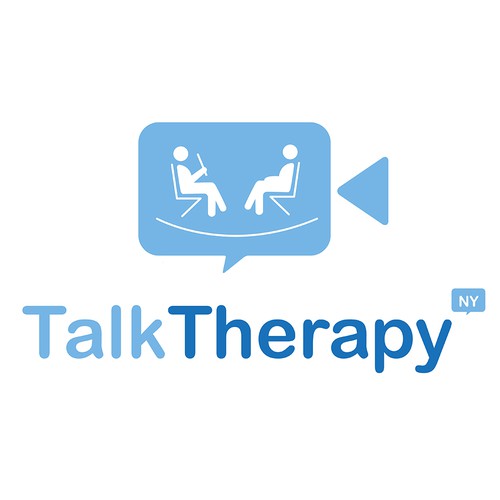
It is well-known that childhood adversity can lead to mental distress, certain psychiatric disorders, and substance abuse. Events that occur in adulthood are also significant, such as military combat, discrimination, physical attack, and poverty.1 Research has found that severe stress has serious consequences on the human brain and body.3 Stressful events can cause more dramatic reactions to additional stressors. Adults who experienced adverse events as a child have a more reactive nervous system and changes in the brain compared to adults who did not experience adverse events as a child. These adults tend to be on high alert. The amount of childhood adversity has been linked to later development of schizophrenia or psychosis, and individuals with a psychotic disorder react in a more extreme way to minor stress. This is not to say that every person who has experienced trauma will develop a serious psychiatric disorder; however, the majority of individuals diagnosed with a severe psychiatric disorder report abuse or neglect as a child.3
Changes in the brain are linked to the stress-response system. Dopamine is affected in one part of the brain, although it works in several parts.3 Too much dopamine in certain areas of the brain may be the reason that ordinary things seem to have special meaning to individuals with severe psychiatric disorder, such as schizophrenia. For instance, the individual may perceive something on the television is directed at them. There are drug treatments that can help reduce dopamine; however, the medication cannot target the specific brain areas involved.1 There is also a link between cortisol levels and the severity of psychotic symptoms. Cortisol is a stress hormone released when an individual experiences stress (simple explanation). The more stressed someone is, the higher their risk for developing psychotic symptoms. Childhood adversity has also been linked to changes in the frontal lobes of the brain, as well as alterations in gene-expression. Gene-expression is the switching on or off of a gene, which impacts cells causing them to do or not do something. This finding indicates stress can change how the brain works, such as making it more difficult to cope with additional stressors. The hippocampus is also altered in those exposed to adverse events, as well as in patients diagnosed with schizophrenia.3
Talk therapy has been shown to be effective in treating individuals diagnosed with schizophrenia.3 This information is especially important for those who refuse to take antipsychotic medication. Some clinicians urge professionals to avoid automatically assuming that patients who refuse medication have a lack of insight. Recent research indicates that just like childhood adversity or trauma in adulthood can cause brain changes, so can psychotherapy. This is not to suggest that schizophrenia can be cured; however, talk therapy can help to improve mental state and regain an improve quality of life. Additional research has found that dialectical behavioral therapy (DBT) increases grey matter volume in areas of the brain responsible for emotion regulation and higher-order functions.2
Recommendations for professionals are to advocate and identify interventions that can promote improved social and physical conditions for children.1 Additional recommendations include:
- Create an environment that is supportive and hospitable.
- Focus on strengths and goals, instead of the problems.
- Utilize peer support programs, which helps the client learn from people who have experienced similar circumstances and challenges.
- Avoid thinking about people as being curable or chronic. This thinking is unhelpful and people experiencing mental distress need restored faith and hope, and to be approached with human warmth and time.
- Include clients in decision-making about their treatment, and base goals on client preference, not the clinicians.
- Let clients see that you want to work “with” them and not “on” them.
- Help clients find resources and links that can help them reach goals, which means you may have to go above and beyond.1
The conclusion of the research findings are that the majority of people diagnosed with severe mental illness have experienced adversity and need positive support and human connection. They also need an opportunity to talk with a therapist and come to terms with the trauma and find ways to move forward. In the meantime, the over-active stress-response system needs time to recover, while the individual engages in routine cognitive therapy.
1Holttum, S. (2014). When bad things happen our brains change but psychotherapy and support can help the recovery of our brains and our lives. Mental Health and Social Inclusion, 18(2), 52-58.
2Mancke, F., Schmitt, R., Winter, D., Niedtfeld, I., Herpertz, S. C., & Schmahl, C. (2018). Assessing the marks of change: How psychotherapy alters the brain structure in women with borderline personality disorder. Journal of Psychiatry and Neuroscience, 3, 171. doi: 10.1503/jpn.170132
3Read, J., Fosse, R., Moskowitz, A. & Perry, B. (2014). The traumagenic neurodevelopmental model of psychosis revisited. Neuropsychiatry, 4(1), 65-79 .

